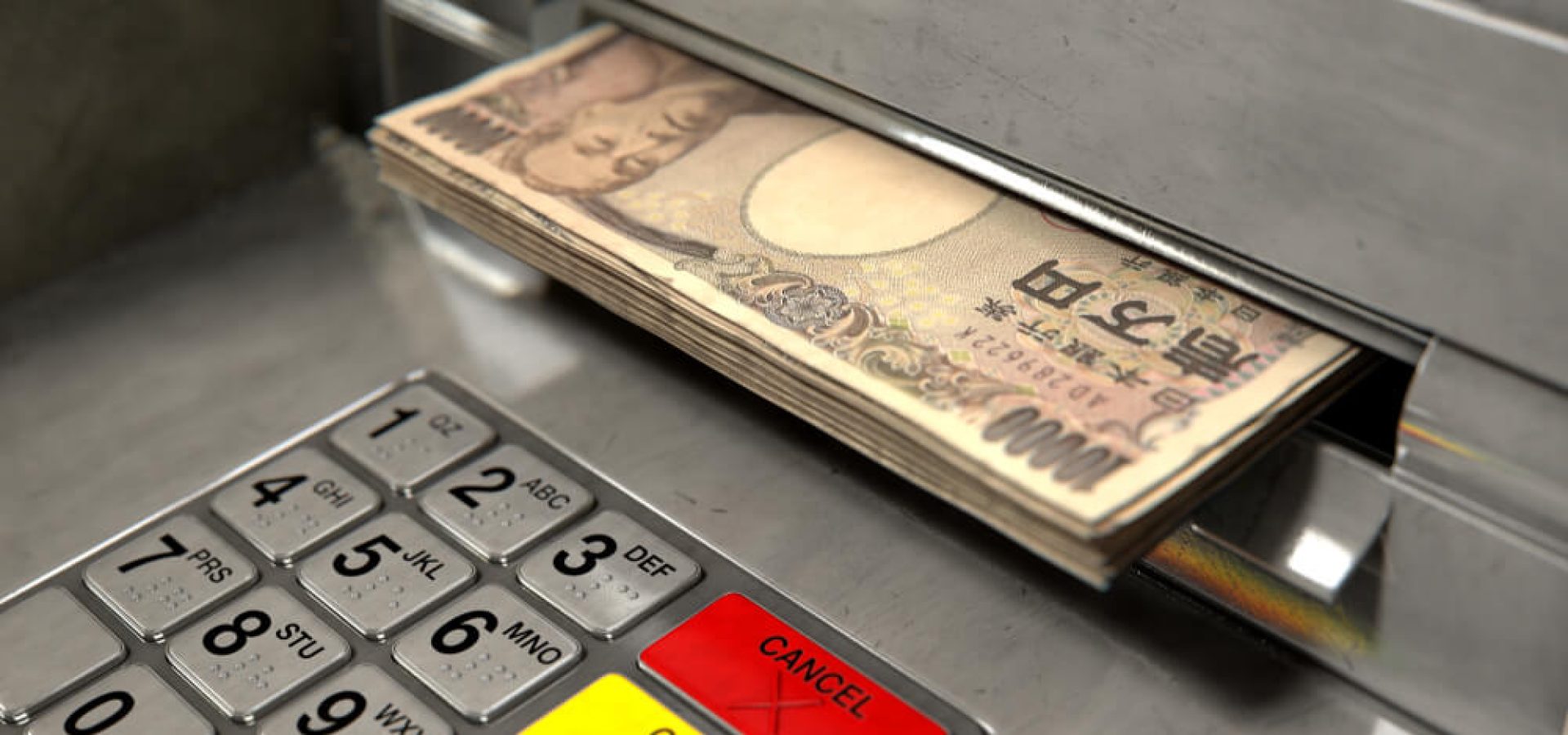Quick Look
- The BoJ has announced significant changes to its monetary policy, marking a departure from the negative interest rates since 2016.
- For the first time since 2007, the BoJ raised borrowing costs, setting short-term interest rates at about 0% to 0.1%.
- The policy adjustments include the end of yield curve controls and a strategic shift in asset purchases, including the phasing out ETFs and J-REITs.
The Bank of Japan (BoJ) has taken decisive steps to adjust its longstanding monetary strategy. This move, characterized by the first increase in interest rates since 2007 and the end of the negative interest rate policy (NIRP), marks a significant pivot away from the ultra-loose monetary policies in place to combat deflationary pressures.
The journey to this momentous policy shift began in 2016 when the BoJ introduced negative interest rates and a yield curve control policy. However, the landmark change occurred recently when the BoJ raised borrowing costs, setting short-term interest rates to a range of about 0% to 0.1%, effectively signalling the end of NIRP.
BoJ Ends Yield Control, Sets New Rate Path
The March 2023 policy meeting of the BoJ was a turning point, with several key adjustments made to the monetary policy framework. The overnight interest rate now targets about 0% to 0.1%, marking a shift from the previous -0.1%. Furthermore, the BoJ has removed yield curve controls, significantly impacting the yields of 10-year Japanese government bonds.
Regarding asset purchases, the BoJ plans to continue buying Japanese government bonds at approximately ¥6 trillion ($40 billion) monthly. Moreover, it will phase out the purchase of exchange-traded funds (ETFs) and Japanese real estate investment trusts (J-REITs). A gradual reduction in corporate bond purchases is also planned, with a complete stop targeted within a year.
Pay Rises Hit 32-Year High, Nikkei Soars
The policy changes come amid notable economic indicators and market reactions. Japanese workers have seen their most significant pay rise since 1991, signalling a shift in wage trends. Despite a slowdown in core inflation, Rengo, Japan’s largest federation of trade unions, reported a weighted average 3.7% increase in base pay, reflecting growing inflationary pressures.
The stock market has responded positively to these developments, with the Nikkei 225 surpassing levels not seen in 34 years. Following the policy announcement, the yen weakened against the US dollar, while the Nikkei 225 and Topix indices experienced gains.
Mixed Views on BoJ’s Bold Economic Turnaround
The BoJ’s policy adjustments have elicited various perspectives on their strategic implications. Sayuri Shirai, a former BoJ board member, cautioned that economic conditions might not yet support further rate increases, indicating a cautious path forward. Opposition from BoJ board members highlighted concerns over the simultaneous removal of negative interest rates and yield curve controls. They advocated for a more robust cycle between wages and prices.
The BoJ’s recent policy shifts represent a profound transformation in Japan’s approach to economic stimulation and inflation control, signifying the end of an era of unconventional monetary policies. Policymakers and investors will closely monitor Japan’s new economic policy direction for its global effects.









COMMENTS